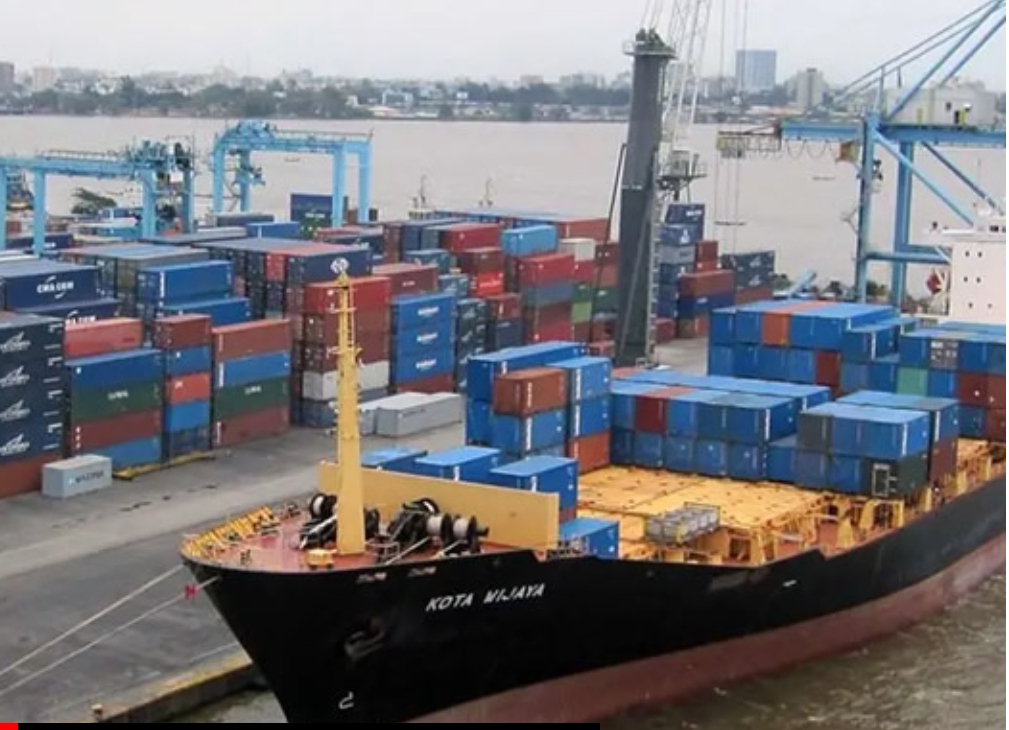Lekki Port: A New Era in West African Maritime Trade
Lekki Port, Nigeria’s first deep-sea port, is making significant strides in becoming a key player in the transhipment of cargo across West Africa. The facility is actively targeting shipments from neighboring countries such as Togo, Ghana, and Cote D’Ivoire. These nations have historically served as transit points for goods destined for Nigeria, but the emergence of Lekki Port is reshaping the dynamics of regional trade.
Since its commercial operations began in 2023, the port has marked several milestones, with plans to reach a capacity of 500,000 Twenty-foot Equivalent Units (TEUs) by the end of 2025. This ambitious target reflects the growing confidence in the port’s ability to handle international cargo efficiently. With its modern infrastructure and strategic location, Lekki Port is well-positioned to become a central hub for maritime trade in the region.
The port’s expansion into international transhipment is already showing results. It has started receiving cargo from major shipping lines and is planning to extend its services to additional countries in West Africa. This move is expected to enhance regional connectivity and drive economic growth through increased trade volumes.
Over the past two years, the port has demonstrated consistent progress. In 2024, it handled approximately 287,000 TEUs, and by the end of 2025, it aims to process up to 500,000 TEUs. This rapid growth underscores the potential of Lekki Port to transform the logistics landscape in the region.
Mr. Daniel Odibe, Deputy Chief Operation Officer of the port, highlighted the ongoing efforts to secure more international transhipment deals with other West African countries. However, he acknowledged that the port is currently operating at only 20% of its projected capacity of 1.2 million TEUs. This gap, according to Odibe, is due to broader economic challenges affecting the region.
Key factors contributing to the shortfall include the removal of fuel subsidies and the depreciation of the Nigerian Naira against major foreign currencies. These issues have led to a decline in import activities, which in turn has impacted the volume of cargo moving through the port.
Despite these challenges, there are signs of improvement. Between January and June 2025, the port processed 222,000 TEUs, indicating a gradual recovery in cargo volumes. This upward trend suggests that with continued investment and strategic planning, Lekki Port can achieve its long-term goals and solidify its position as a vital link in the West African trade network.
The future of Lekki Port looks promising, with the potential to not only support Nigeria’s economic ambitions but also to strengthen regional cooperation and trade relations across West Africa. As the port continues to grow, it will play an essential role in shaping the future of maritime commerce in the region.







